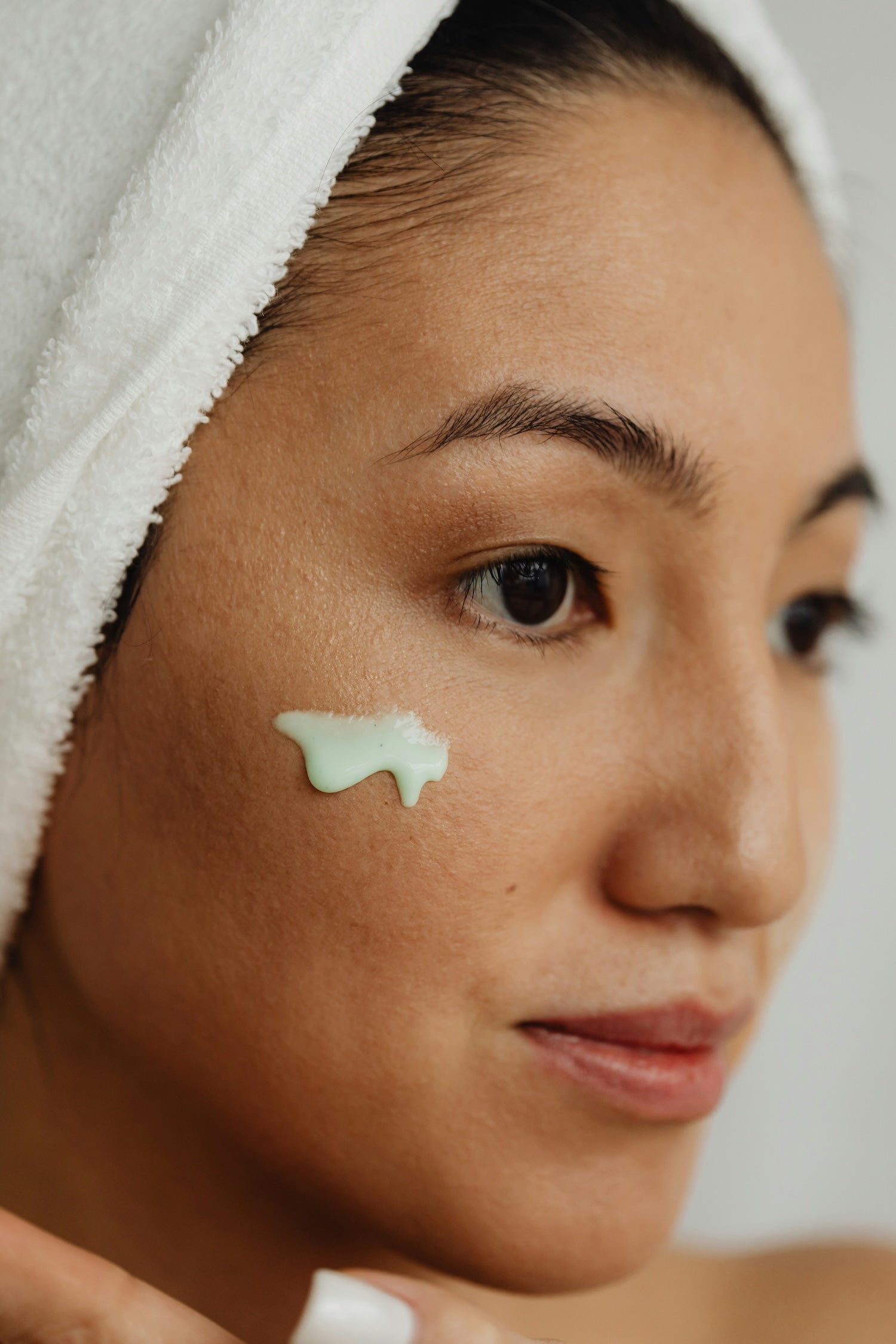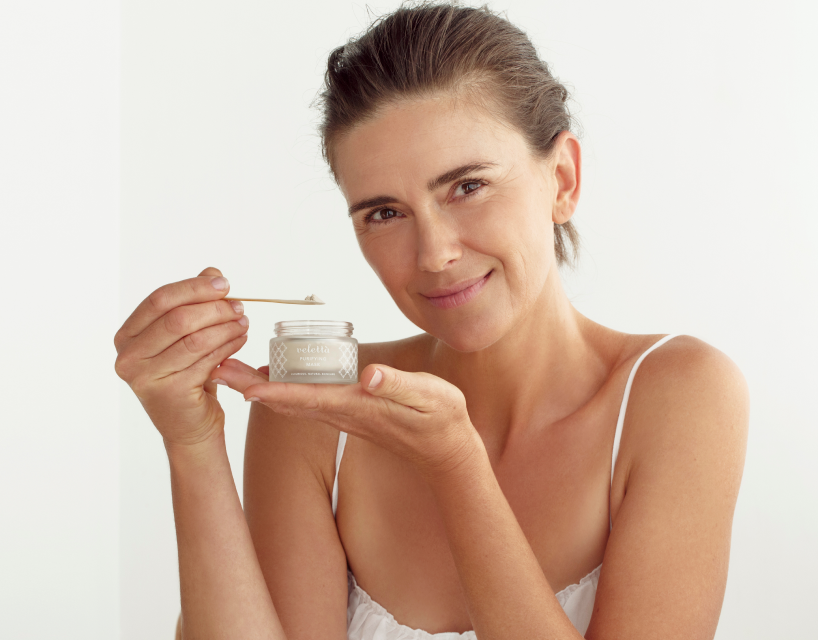Giving up sugar can be transformative for one's health and well-being, offering a range of benefits that go beyond mere weight loss. While sugar is a common component of many diets, reducing or eliminating it can lead to significant improvements in physical and mental health. Here we explore the benefits of giving up sugar and provides practical strategies for making this lifestyle change.
One of the most immediate and noticeable benefits of reducing sugar intake is weight loss. Excessive sugar consumption, particularly in the form of sugary drinks and processed foods, can lead to weight gain due to the high calorie content and its impact on insulin levels. By cutting out sugar, the body can better regulate insulin, leading to reduced fat storage and easier weight management.
Another critical benefit is the improvement in cardiovascular health. High sugar intake has been linked to an increased risk of heart disease due to its effect on obesity, inflammation, and blood sugar levels. Reducing sugar can help lower blood pressure, reduce bad cholesterol (LDL), and decrease the risk of developing heart disease. Furthermore, it stabilises blood glucose levels, which is particularly beneficial for individuals with diabetes or those at risk of developing it.
Sugar consumption is also closely linked to inflammation in the body, which can have widespread negative effects on health. When sugar is ingested, it triggers the release of insulin, a hormone responsible for regulating blood sugar levels. Consistently high sugar intake can lead to insulin resistance, where the body's cells become less responsive to insulin, causing chronic high blood sugar levels. This condition promotes the release of inflammatory cytokines, proteins that signal inflammation throughout the body. Moreover, sugar stimulates the liver to produce free fatty acids, which can further incite inflammation. Chronic inflammation is a root cause of many serious health conditions, including heart disease, diabetes, arthritis, and even some cancers. By reducing sugar intake, individuals can significantly decrease inflammation, thereby lowering the risk of developing these chronic diseases and improving overall health and well-being.
Mental health also sees positive changes with reduced sugar intake. Consuming large amounts of sugar can lead to mood swings, anxiety, and depression. This is due to sugar's impact on blood sugar levels and the subsequent release of stress hormones. By cutting down on sugar, mood stability improves, and individuals may experience less anxiety and depression.
The skin also benefits from reduced sugar consumption. High sugar levels can lead to increased production of advanced glycation end products (AGEs), which accelerate skin aging. Cutting out sugar can result in clearer, more youthful skin with fewer wrinkles and less acne.
To successfully give up sugar, a gradual and strategic approach is recommended. Here are some steps to help make the transition smoother:
1. Read Labels: Understanding food labels is crucial. Sugar can be hidden under various names like high fructose corn syrup, sucrose, and maltose. Being aware of these can help in making informed choices.
2. Replace Sugary Drinks: Replace sugary beverages with healthier options like water, herbal teas, and sparkling water with a splash of lemon or lime.
3. Choose Whole Foods: Focus on whole, unprocessed foods like fruits, vegetables, lean proteins, and whole grains. These foods are naturally low in sugar and high in nutrients.
4. Manage Cravings: Sugar cravings can be intense initially. Combat them by eating a balanced diet rich in protein and healthy fats, which can help stabilize blood sugar levels and reduce cravings.
5. Healthy Snacks: Keep healthy snacks on hand, such as nuts, seeds, and fresh fruit, to avoid the temptation of sugary treats.
6. Stay Hydrated: Sometimes, cravings for sweets are actually a sign of dehydration. Drinking plenty of water can help reduce cravings.
7. Plan Ahead: Planning meals and snacks in advance can help avoid situations where you're tempted to reach for sugary options.
Giving up sugar can lead to numerous health benefits, including weight loss, improved cardiovascular health, better mental well-being, reduced inflammation, and healthier skin. While the process may be challenging, adopting a gradual approach and making mindful dietary choices can facilitate a successful transition to a low-sugar lifestyle. The long-term rewards of better health and enhanced quality of life make the effort well worth it.
Why you should think about giving up sugar and how to go about it.

Posted by Sarah Bacon on



